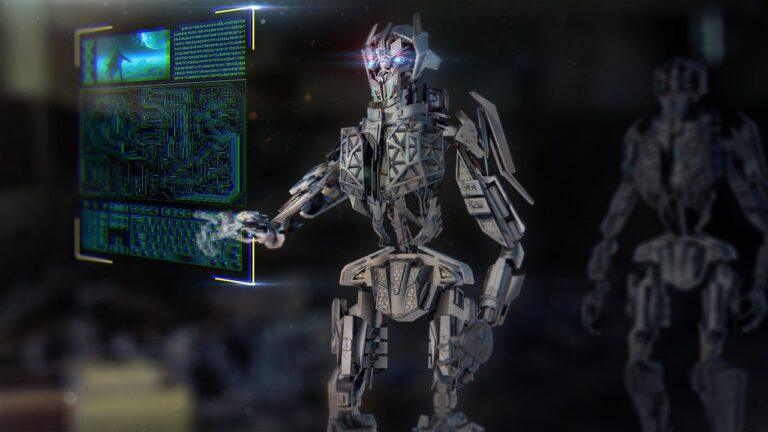China, already a global leader in electric vehicles (EVs), is now setting its sights on dominating the humanoid robot market, potentially outpacing Tesla in the race to automate factory workforces. At the World Robot Conference in Beijing this week, over two dozen Chinese companies showcased humanoid robots designed to perform tasks in factories and warehouses, with even more exhibitors displaying the precision parts needed to build them, according to a report by Qiaoyi Li and Kevin Krolicki for Reuters.
Per the Reuters report, this push into robotics draws from the same playbook that propelled China’s EV industry more than a decade ago: government backing, fierce price competition, and a robust supply chain. Arjen Rao, an analyst at China-based LeadLeo Research Institute, highlighted China’s advantages in supply-chain integration and mass production capabilities, which are now being applied to the burgeoning humanoid robot sector.
The Chinese government’s support for this industry is evident in recent initiatives, including Beijing’s $1.4 billion state-backed fund for robotics launched in January and Shanghai’s similar fund announced in July. As noted by Reuters, these funds are part of President Xi Jinping’s broader policy to develop “new productive forces” in technology, with humanoid robots being a key focus.
Reuters also mentioned Tesla’s significant influence on the Chinese robotics industry. When Tesla introduced its Optimus robot in 2021, CEO Elon Musk predicted it could eventually surpass the company’s vehicle business in importance. Tesla’s use of artificial intelligence (AI) modeled on its Full Self-Driving software gives it an early lead, but Chinese companies are apparently rapidly catching up, driven by their ability to lower production costs.
Reuters says that at the Beijing conference, Tesla’s Optimus stood alongside competitors from Chinese firms like Shanghai Kepler Exploration Robotics, whose CEO, Hu Debo, claims they can produce worker robots for under $30,000. While Tesla’s Optimus remains popular, many Chinese humanoids displayed advanced capabilities, signaling intense competition ahead.
According to the Reuters report, the global market is expected to grow rapidly as China accelerates its humanoid robot production. Goldman Sachs predicts the market will reach $38 billion annually by 2035, with nearly 1.4 million robots shipped each year. However, experts like Rao caution that large-scale commercial deployment of humanoid robots may still be decades away.
Featured Image via Pixabay








